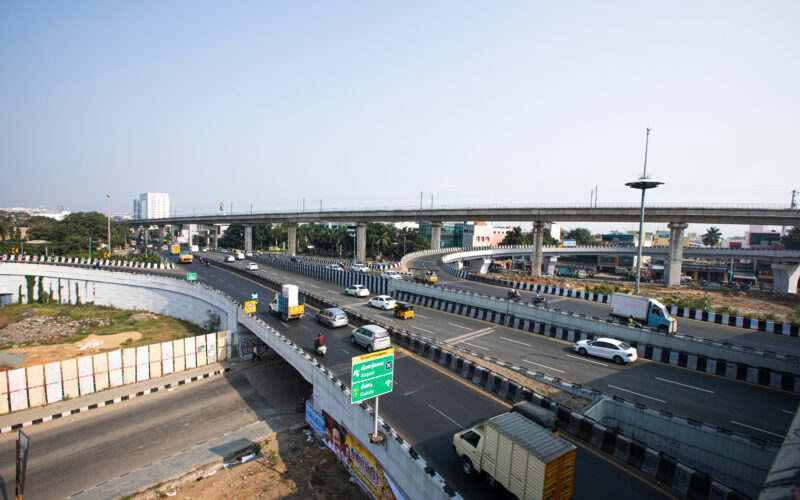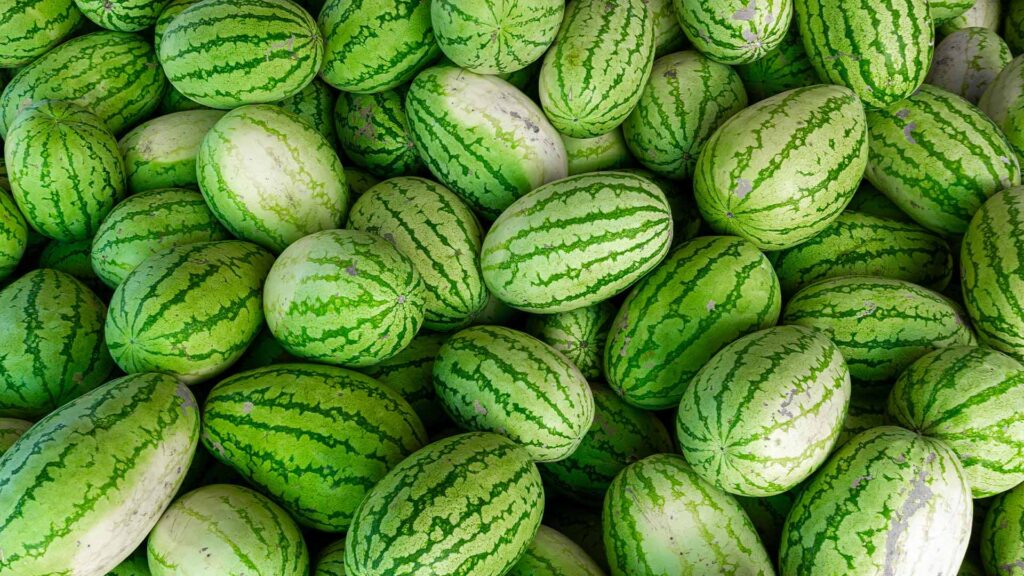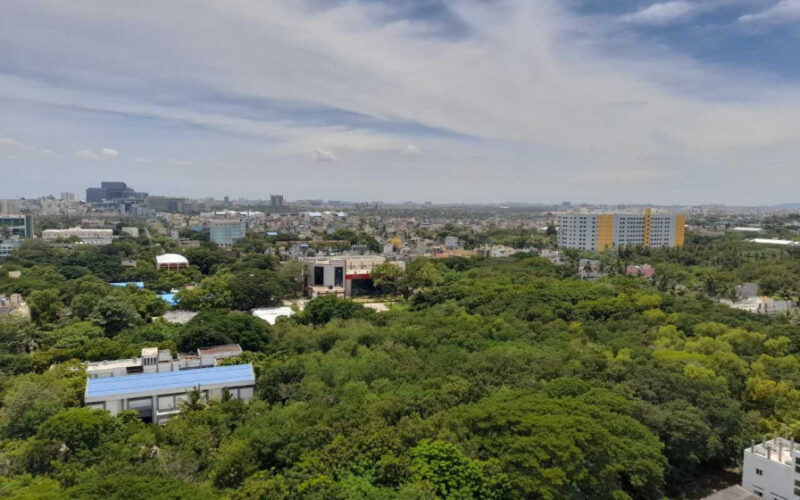IGCS is thrilled to announce publication of research article by our Research Associate Dr. Christoph Woiwode with former IGCS Area Coordinator Sudhir Chella Rajan and 3 other collaborators from Indian Institute of Technology, Madras on the topic- ‘Identifying Entry Points for Adaptive Governance in Peri-Urban Chennai (India): A Multi-Dimensional, Multi-Level, and Multi-Scalar Approach.’
The paper explores Chennai’s fast-growing peri-urban areas and explores how to better respond to the unprecedented impacts of climate change and rapid urbanization. Chennai faces significant climate risks like floods, droughts, and extreme heat, especially in the expanding peri-urban regions, which are areas that transition from rural to urban. These regions are crucial for the city’s future resilience.
The paper proposes a framework for “adaptive governance” that focuses on flexible, multi-level approaches to managing these challenges. It identifies key areas where changes in governance could make a big difference—particularly in water management, agroecological practices (like using land for sustainable farming), and improving coordination between local, state, and national authorities. The study highlights the importance of learning from traditional practices, such as local water management, while also introducing innovative solutions to build resilience. This approach is part of a larger effort, the #PeriCene project, which looks at how peri-urban areas around the world are being affected by climate change, and how they can adapt to it.
This research underscores that while the challenges are complex, there are already promising efforts in Chennai to create more sustainable and resilient systems.
You can read the full article here:
https://www.frontiersin.org/journals/sustainable-cities/articles/10.3389/frsc.2024.1368240/ful





